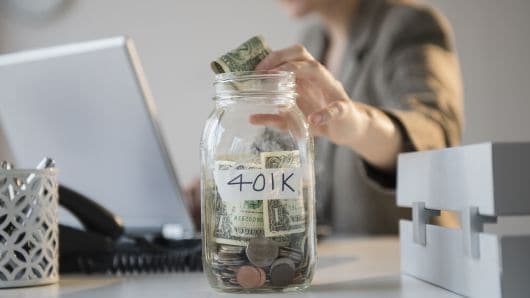
If you’ve watched the stock market mount its breathtaking recovery over the past few months even as the country languished in a pandemic and recession, it might be easy to think, Nothing can stop this rally. Well, it looks like Congress could.
The $2.2 trillion fiscal stimulus package passed by Congress in March, which helped nourish a 51% trough-to-peak rebound in the S&P 500 and prevented a deeper economic crisis, has largely dried up. And economists and analysts tell Fortune it’s critical to pass more stimulus (and soon); otherwise another stock market correction and economic contraction could be looming.
Negotiations for another round of massive stimulus are stuck in a political stalemate: Democratic leaders haven’t come down from their ask of $3.4 trillion, and the White House won’t budge on its offer of around $1 trillion. The parties are in disagreement on items including a steep increase in federal aid to state and local governments, which Democrats support, and COVID-19 lawsuit immunity for businesses, which Republicans support. And with both the House and Senate on recess, a stimulus deal before September looks unlikely.
Yet analysts argue that stock markets have already largely priced in continued stimulus support from Capitol Hill and the Federal Reserve.
“A lot of the market rebound is based on the premise of continued stimulus,” Edward Jones’ Nela Richardson recently told Fortune. On the flip side, she notes, “if there’s a hole in that argument for the markets, you might see a pullback or more volatility.”
Indeed, when the CARES Act was passed back in March, things were grim, and U.S. stocks had just registered the fastest bear market on record. But the urgency lawmakers felt back in March doesn’t seem to endure now, despite underlying data that shows continued signs of suffering.
To put the contrast in perspective: When the 96-0 CARES Act vote in the Senate came, the S&P 500 was trading below the 2,500-mark. Now, as Congress debates a new round of stimulus in August, the S&P 500 has not only reclaimed its pre-pandemic highs, but booked new all-time records over the past week.
At those levels, “some lawmakers are … taking some solace in the stock market and certainly the President is,” argues Mark Zandi, chief economist at Moody’s Analytics. “And that is a huge error because the market is taking its cues from lawmakers expecting them to pass a rescue package.”
And therein lies the Catch-22: “Every forecaster that does this for a living on Wall Street is expecting $1.5 trillion to $2 trillion in fiscal rescue,” Zandi asserts. “If that doesn’t happen, and the odds of that happening continue to decline, there’s going to be a selloff in the stock market.”
How big of a selloff?
Dan Ives, managing director of equity research at Wedbush Securities, tells Fortune he expects a 5% to 10% correction in the stock market if Congress fails to pass more stimulus in the next month. Ives says the macroeconomic picture is getting choppy, and without more stimulus, the party is going to stop. “The soap opera in the Beltway is a major speed bump in the rally we’re seeing,” Ives says.
But if Congress does come through with stimulus of around $2 trillion, the market could take off again, Ives suggests. “A stimulus of that magnitude [over $2 trillion] would tack on a 15% to 20% rally, especially in tech stocks,” Ives estimates. But he adds: “This is a fork in the road moment: This market is either going to correct or go higher.”























